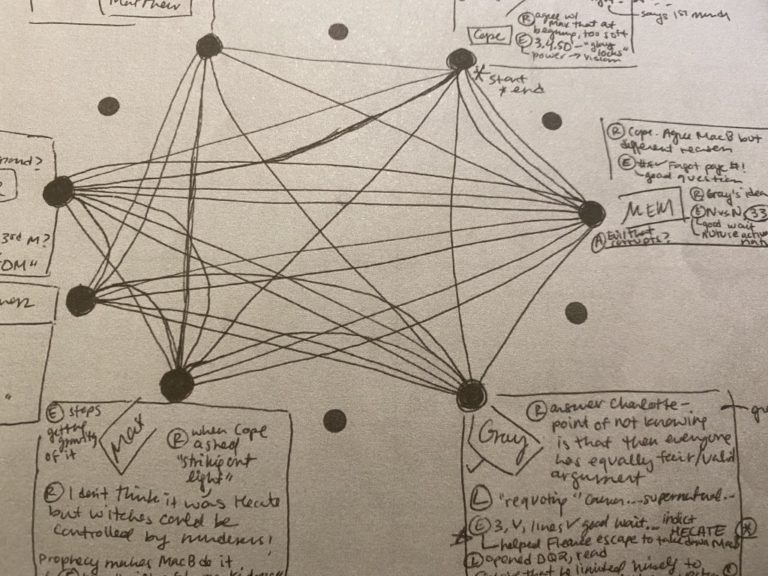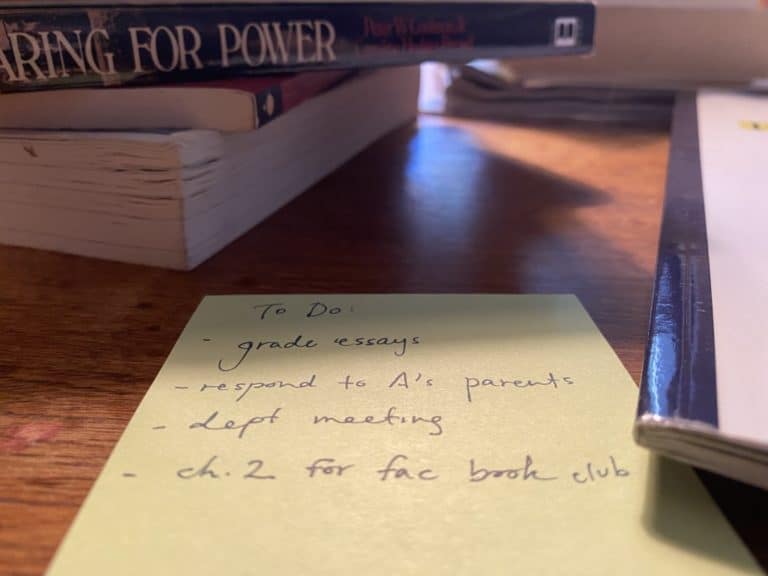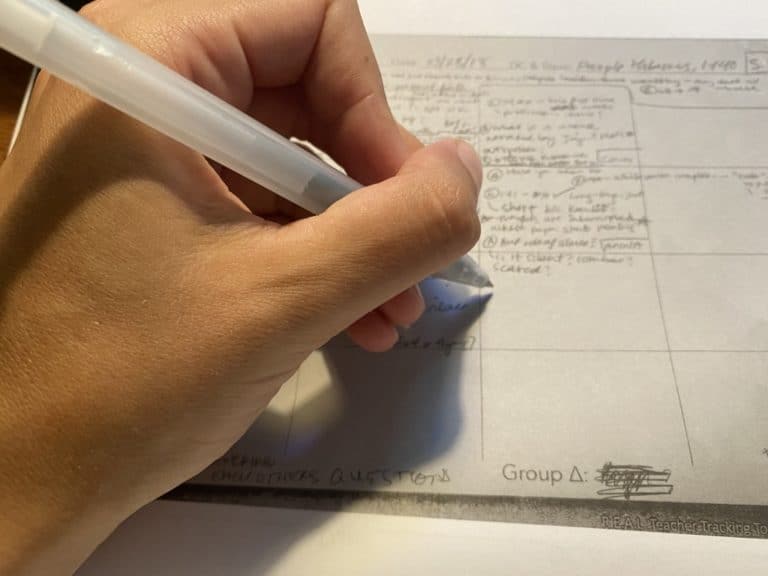3 Tips for Handling ChatGPT in Your Class Discussions
AI is on everyone’s mind – and teachers are no exception.
The recent rise in generative AI has educators undergoing somewhat of an existential crisis. If computers are smart enough to write an essay, to analyze text, and to draw connections and conclusions among various sources, what’s left for students to do? If teens have unfettered access to tools like ChatGPT, what’s stopping them from using them without restraint? Will they use ChatGPT to do their homework? To prepare for discussions? To write their papers? If they do – how will they learn?
These are some of the concerns that are top of mind for us and our amazing group of R.E.A.L.® practitioners. If you’re overwhelmed by how to navigate our program (and class discussion in general) in an AI-powered world, here are three tips to keep in mind.
1. Don’t (totally) fight it
As much as it may (or may not!) pain us, AI is here to stay – and pretending it doesn’t exist won’t jive well with your students, nor will it help ensure the sustained quality and creativity of your class discussions. You and your colleagues may have complicated personal feelings about AI: perhaps you’re excited about the innovation, optimistic about its utility, and confident in the policies and practices your administration has already enacted to shepherd students toward thoughtful use of AI in appropriate situations. Or perhaps you’re totally overwhelmed, anxious, and unsure of the best next steps.
As is the case with so many aspects of teaching, it can be helpful to have an honest conversation with your students about these nuanced challenges. You can speak honestly about when AI can be a helpful tool: in conducting research, for example, or in completing more menial tasks and enabling a focus on higher-value work. If you acknowledge the benefits of AI, it will be all the more resonant when you delineate some of AI’s drawbacks.
2. Focus on purpose
Here, we think, is the heart of the AI issue: finding a way to focus on the purpose of the manual tasks that accompany discussion. Consider allowing students to use ChatGPT to do DQ prep for one of your discussions. Play it out and debrief with your class. How did that discussion go? What happened when everyone had identical answers? What happened when the AI didn’t quite understand the prompt or misattributed quotes to the wrong source or wrong character? Was the discussion interesting? Was it enjoyable? Probably not!
Use that example to demonstrate to your students the overarching purpose of discussion. Explain that in their lives, they will be asked to have conversations, give speeches, share their perspectives on the fly. They won’t be able to rely on ChatGPT to write a eulogy for a loved one, to prepare a toast for their best friend’s wedding, or to join an impassioned conversation in their college dining hall. Help them understand why you’re asking them to do independent prep work and why you value in-class discussion so much. Your students should know your “why” so they can find theirs.
3. Pre-empt discussion vulnerabilities
It’s a tough reality: discussion prep is absolutely vulnerable to assistance from ChatGPT. Students can easily input prompts about certain texts or topics, and the AI will generate straightforward, on-demand answers within about three seconds.
Once you understand this vulnerability, you can try to pre-empt it in a few ways. First: ask better, more complex discussion questions. Pose high-context questions that combine various unique sources – including some sources that GPT won’t be able to parse on the web. Consider in-class DQ prep and remove the temptation to rely on AI. Finally, consider developing a clear policy that delineates when and how your students can use ChatGPT – and make sure to explain the rationale behind it.
What do you think?
The rapid rise of generative AI has made it a brave new world – and that can feel overwhelming for educators. We get it, and we’re here in the weeds with you to work through the challenges and focus on the why.
In the meantime, we’d love to hear your thoughts. What’s your perspective on AI in the classroom? Have you instituted policies and practices regarding the use of ChatGPT with your students? What are kids in your classes saying about AI? Leave a comment and let us know!






